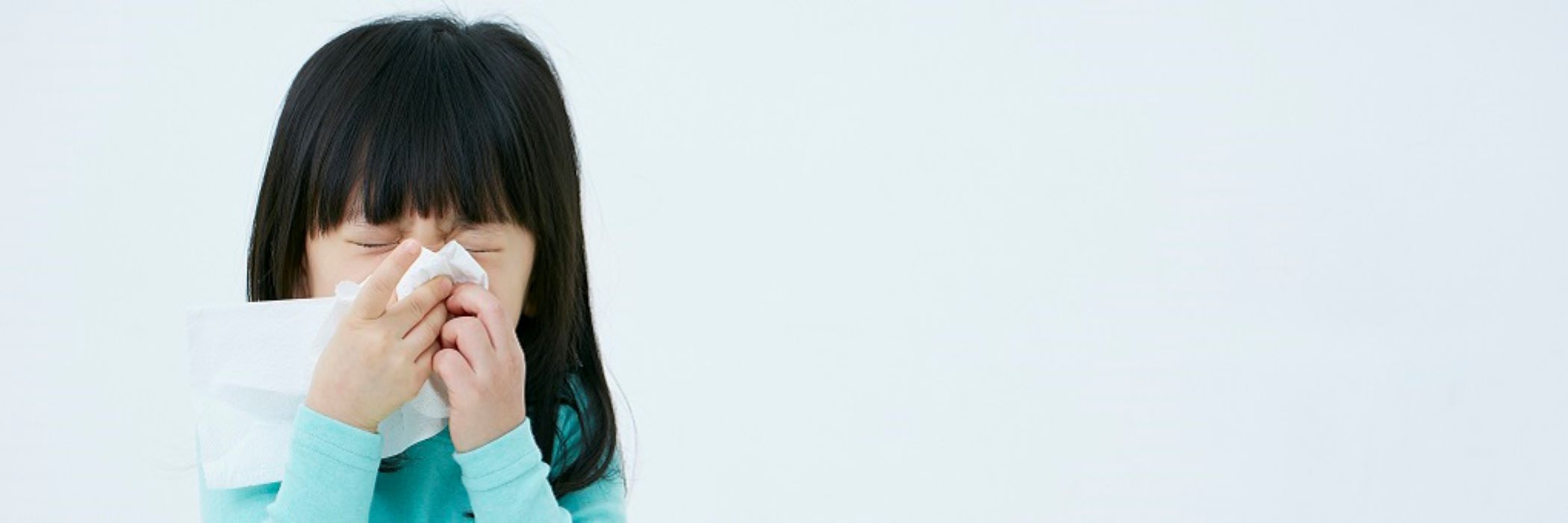Blog Categories
Search Blog
Blog Categories
Navigating Cold and Flu Season: A Paediatrician’s Guide to Caring for Your Child
As a paediatrician, I understand the challenges parents face during the cold and flu season when it comes to caring for little ones. The constant threat of sniffles, coughs and fevers can be overwhelming, but with the right approach, you can help your child weather the storm of germs. You’re not alone! Keep reading for practical tips and advice on how to care for your child during the cold and flu season.
-
- Prioritize Prevention
The best defence against colds and the flu is prevention. Teach your child the importance of proper handwashing and make it a habit in your household. Encourage healthy hygiene practices, such as covering mouths and noses when coughing or sneezing, using tissues and disposing of them properly, and annual flu shots for you and your child can help protect them from the flu.
-
- Nutrition and Hydration
A well-balanced diet and adequate hydration play crucial roles in supporting your child’s immune system. Although your child may be less hungry, offer a variety of fruits, vegetables, and whole grains to provide essential vitamins and minerals. Ensure they drink plenty of fluids, such as water and warm soups, to stay hydrated.
-
- Adequate Rest
Rest is an important part of recovery! When your child is unwell, ensure they get plenty of rest. Stick to a regular sleep schedule, create a comfortable sleep environment, and limit screen time before bedtime to promote quality rest.
-
- Over-the-Counter Medications
Acetaminophen or ibuprofen can help alleviate fever and discomfort, but it’s essential to follow the recommended guidelines. Consult with your paediatrician before administering any over-the-counter medications, as dosage and safety vary based on age and weight. Over-the-counter cold medications are not recommended for children under age 6. If your baby has congestion, it can be helpful to use saline and an aspirator to suck mucous out of their nose. This can be especially helpful before feeding and sleep.
-
- Isolate and Rest
If your child is unwell, keep them home to prevent the spread of illness to others. Ensure they rest and take it easy during recovery. This not only aids in their healing but also helps protect others from getting sick.
-
- Seek Medical Attention When Necessary
If your child’s symptoms persist or worsen, consult your paediatrician. Difficulty breathing, persistent high fever, or signs of dehydration are red flags that warrant medical attention. You can also use SickKids’ 24/7 symptom checker on the SickKids Virtual Urgent Care platform at www.sickkids.ca/virtualurgentcare.
I know that navigating the cold and flu season with your child may seem daunting, but with a proactive and informed approach, you can provide the care they need to recover swiftly. To summarize, try to prioritize prevention the best that you can, focus on nutrition and hydration, ensure adequate rest, and don’t hesitate to seek professional medical advice when necessary.
For further information and guidance, visit SickKids’ AboutKidsHealth website www.aboutkidshealth.com. This trusted resource offers articles, insights and tools tailored to caregivers, providing valuable information to empower you in ensuring your child’s well-being.
AboutKidsHealth Resources





